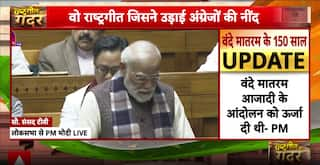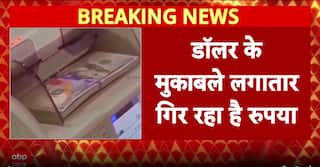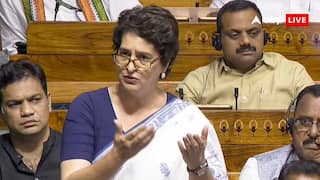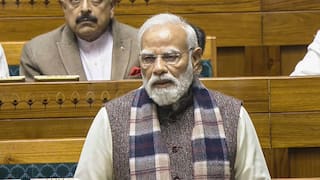India's Economic Activity May Have Slowed Down In November: Report
Exports barely improved last month, increasing 0.6 per cent from a year ago after declining 16.7 per cent in October, data released by the trade ministry showed

Economy of India might have slowed rather than accelerated last month, according to a report by Bloomberg, signalling worsening business and consumption activity.
The report pointed out although a dial measuring so-called animal spirits showed activity was steady for a fifth-straight month in November, the needle was just one bad data point away from swinging to the left. Exports, a key growth lever in the past year, was among three of eight metrics that performed poorly. The rest were unchanged. Bloomberg’s dashboard reflects a broadly grim outlook for 2023 as tighter global interest rates take a toll on demand. The gauge uses a three-month weighted average to smooth out volatility in single-month readings.
Purchasing managers’ surveys for November showed that activity across the services and manufacturing sectors improved, though the three-month weighted average was still weak. New orders expanded at faster rates in both sectors, while output prices rose at the quickest pace in three months.
Pollyanna De Lima, economics associate director at S&P Global Market Intelligence, said the latest results are good news, even if the trend for inflation is somewhat concerning. “Evidence of stubborn inflation may prompt further hikes to the policy rate at a time when global economic challenges could negatively impact” India’s growth, she said.
Exports barely improved last month, increasing 0.6 per cent from a year ago after declining 16.7 per cent in October, data released by the trade ministry showed. Only half of the 30 sectors posted growth. The government attributed the tepid performance to weak demand for engineering and iron ore products.
Imports climbed 5.4 per cent, keeping India’s trade gap above $20 billion for the eighth consecutive month. That adds pressure to the country’s current account deficit, a key vulnerability for the economy and the rupee, the worst-hit major Asian currency this year after the Japanese yen.
Demand for bank credit remained healthy at 17.2 per cent, even amidst tighter liquidity conditions and higher borrowing costs, Reserve Bank of India data showed. Goods and services tax collection, which helps measure consumption in the economy, rose 11 per cent, a modest performance compared to October’s 24 per cent jump.
Electricity consumption, a widely used proxy to gauge demand in the industrial and manufacturing sectors, was weak, with the peak requirement last month rising to 162 gigawatts from 155 gigawatts in October. India’s unemployment rate climbed to 8 per cent, according to data from the Centre for Monitoring Indian Economy Pvt.






































